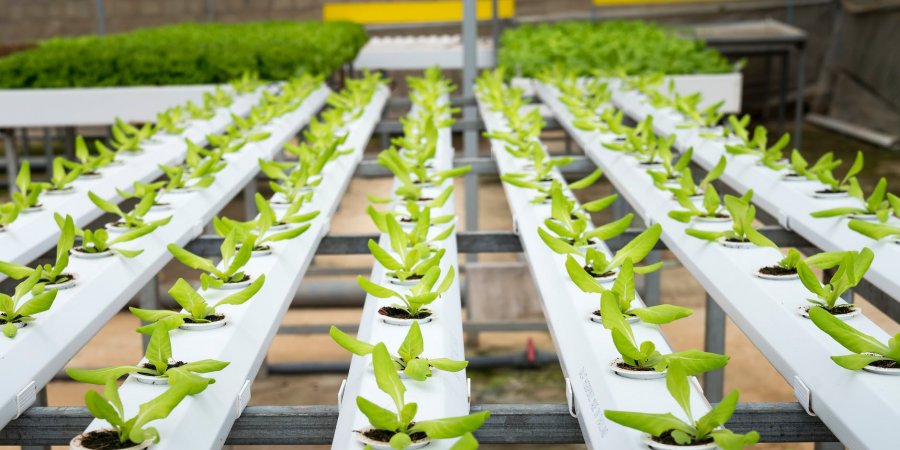

In the tapestry of human civilization, agriculture stands as the foundational thread, weaving together the history of our progress and sustenance. As we delve into the intricacies of this vital industry, it becomes apparent that agriculture is not just a means of growing crops; it's a dynamic system that intertwines with environmental, economic, and social aspects.
Sowing the Seeds of Sustainability:
Modern agriculture faces the dual challenge of meeting the burgeoning global demand for food while mitigating its environmental impact. Sustainable farming practices have emerged as the cornerstone for addressing this delicate balance. Precision agriculture, organic farming, and agroforestry are among the approaches championed to minimize the ecological footprint of cultivation. Harnessing technology, such as sensors and data analytics, farmers can optimize resource utilization, reduce waste, and enhance overall efficiency.
Crops and Climate:
The specter of climate change looms large over agriculture, affecting crop yields, altering growing seasons, and intensifying extreme weather events. Resilience in agriculture demands innovative solutions. Climate-smart agriculture incorporates adaptive measures like drought-resistant crops, efficient water management, and diversified cropping systems to bolster food security in the face of an unpredictable climate.
The Technological Harvest:
Technology has woven a tapestry of innovation in agriculture, transforming traditional practices. From autonomous machinery and drones monitoring crop health to genetic engineering for hardier crops, the marriage of agriculture and technology is reshaping the sector. These advancements not only increase productivity but also open avenues for sustainable farming by minimizing resource inputs.
Farm to Table:
The journey from farm to table underscores the intricate web connecting farmers and consumers. The emergence of local, organic, and fair-trade movements emphasizes the importance of a transparent and equitable agricultural supply chain. Farmers' markets and community-supported agriculture foster direct connections, bridging the gap between producers and consumers.
Challenges and Opportunities:
While agriculture has made remarkable strides, challenges persist. Smallholder farmers often grapple with limited access to resources and market fluctuations. Global cooperation is crucial to addressing these issues and fostering inclusive growth in the agricultural sector.
Moreover, agriculture holds the key to biodiversity conservation. Preserving native crops and fostering genetic diversity ensures resilience against pests and diseases. Agroecological practices promote harmony with nature, safeguarding ecosystems for future generations.
In conclusion, agriculture is not just the cultivation of crops; it's a complex ecosystem woven into the fabric of our existence. Navigating the path toward sustainability requires a concerted effort from farmers, policymakers, and consumers. By embracing innovation, fostering resilience, and promoting equitable practices, we can cultivate a future where agriculture thrives in harmony with the planet and nourishes generations to come
